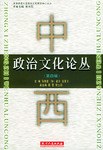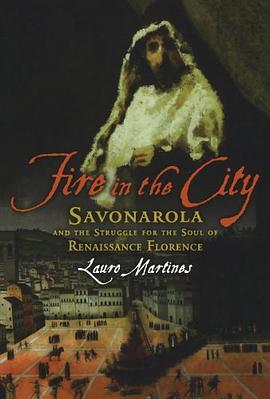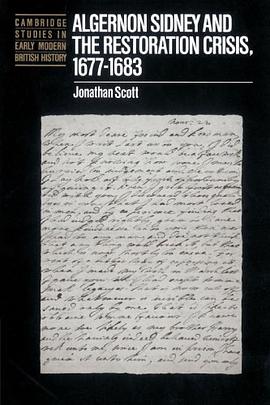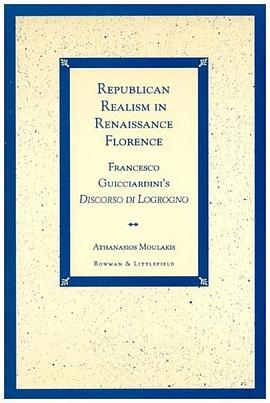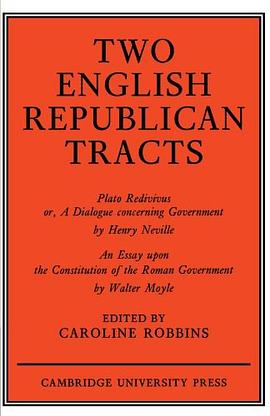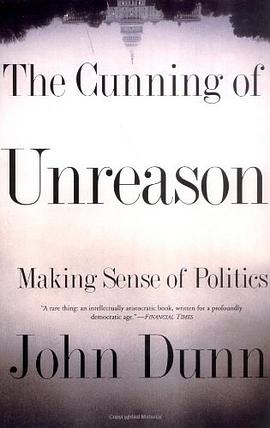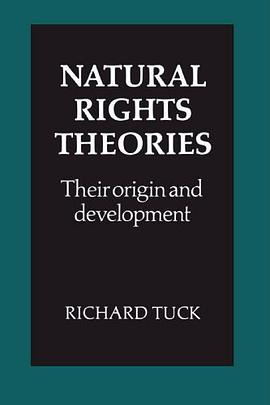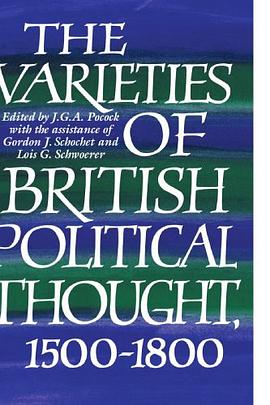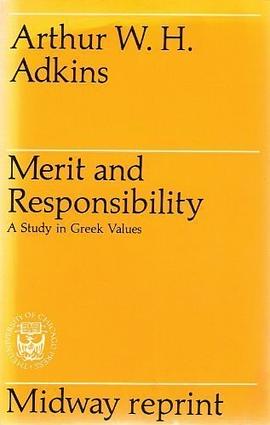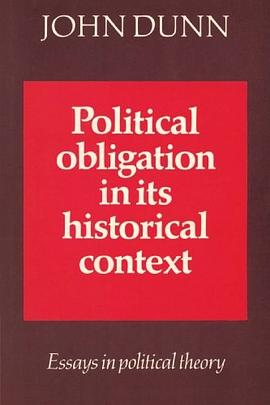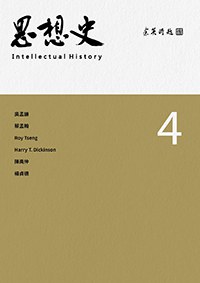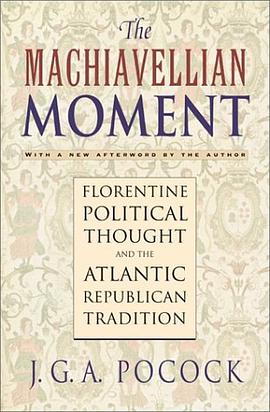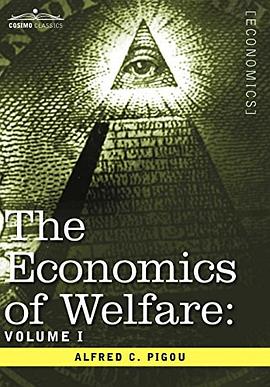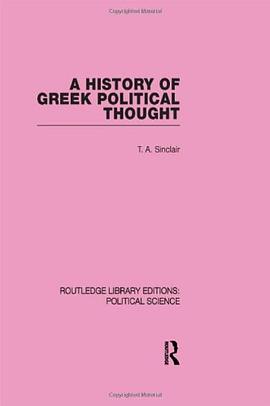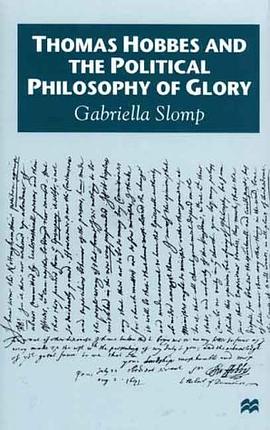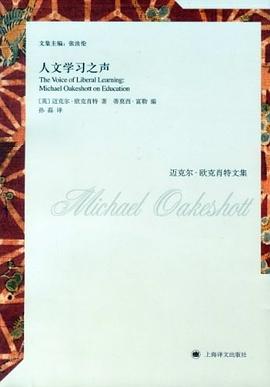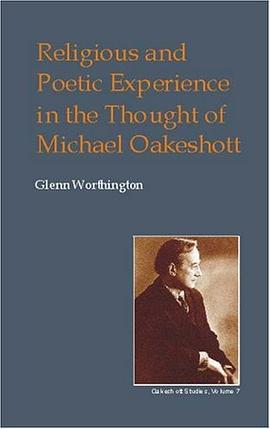

This book explores the life, thought and political commitments of the free-thinker John Toland (1670-1722). Studying both his private archive and published works, it illustrates how Toland moved in both subversive and elite political circles in England and abroad. It explores the connections between his republican political thought and his irreligious belief about Christian doctrine, the ecclesiastical establishment and divine revelation, arguing that far from being a marginal and insignificant figure, Toland counted queens, princes and government ministers as his friends and political associates. In particular his intimate relationship with the Electress Sophia of Hanover saw him act as a court philosopher, but also as a powerful publicist for the Hanoverian succession. The book argues that Toland shaped the republican tradition after the Glorious Revolution into a practical and politically viable programme, focused not on destroying the monarchy, but on reforming public religion and the Church of England. The book also examines how Toland used his social intimacy with a wide circle of men and women (ranging from Prince Eugene of Savoy to Robert Harley) to distribute his ideas in private. It explores the connections between Toland's erudition and print culture, arguing that his intellectual project was aimed at compromising the authority of Christian 'knowledge' as much as the political power of the Church. Overall the book illustrates how Toland's ideas and influence impacted upon English political life between the 1690s and the 1720s. It forms an excellent study on a fascinating character in early modern history, scholars and enthusiasts of the period will find it extremely valuable.
具體描述
讀後感
評分
評分
評分
評分
用戶評價
相關圖書
本站所有內容均為互聯網搜索引擎提供的公開搜索信息,本站不存儲任何數據與內容,任何內容與數據均與本站無關,如有需要請聯繫相關搜索引擎包括但不限於百度,google,bing,sogou 等
© 2025 qciss.net All Rights Reserved. 小哈圖書下載中心 版权所有



